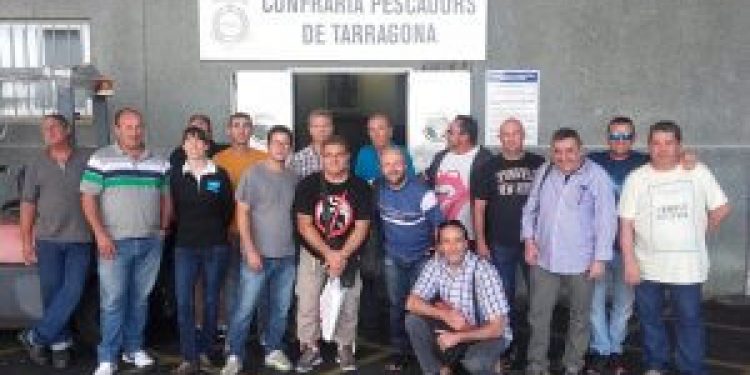The Association in Defence of Mediterranean Artisanal Fisheries (ADPAM), the Regional Federation of Canary Island Fishing Cofradias, the Gaia Oceans Association, the Tarragona Fishing Cofradia and the Low Impact Fishers of Europe (LIFE) met in Tarragona last weekend to agree on the next steps of their campaign, following the Castellón meeting that took place in May. They affirmed that they will now focus on getting their voices heard in Madrid, to call for the injustices of recent years to be ended.
Participants congratulated ICCAT and its contracting parties for their efforts to adopt measures for the recuperation and control of tuna resources. They therefore advocate precaution, and for all necessary management and control measures to be taken to consolidate the recovery, and to assure the sustainability of the tuna fishery over the long term.
They call on the Spanish government to apply Article 17 of the CFP’s Basic Regulation ((EU) No 1380/2013) and Article 8 of the recent Regulation on a Multiannual Plan for the Recovery of Bluefin Tuna ((EU) 2016/1627), both in the spirit and the letter of the law. This means that they must promote responsible, sustainable and socially beneficial fishing, and ensure a just and balanced allocation of quota between all the fleets and regions that exploit or could exploit the resource.
However, they criticised and call for a derogation to Article 9 (point 3) of the latter regulation on bluefin tuna recovery to be applied, considering that it annuls the aforementioned Articles 17 and 8, given that the handline fleet had already been deprived of its historic bluefin tuna rights prior to the dates referred to in the text.
In particular, small-scale low-impact fishermen insist that the Mediterranean artes menores (passive gear) fleet be provided with access to bluefin tuna resources, finally assuring the assignment of a dedicated quota that allows them to fish this resource actively, separate from the reserve pool, with handlines.
They claim that this quota should be preferentially assigned specifically to the coastal small-scale low-impact fleets of the Mediterranean and Eastern Atlantic by ICCAT.
At the same time, small-scale low-impact fishermen reject Individual Transferable Quotas as a model for allocating fishing rights, whether in the Mediterranean of elsewhere, stating that fisheries represent a global heritage and a public asset, whose commodification is neither just nor sustainable. They consider that the transfer to other fleet segments of fishing opportunities allocated through this quota dedicated for small-scale and low-impact fishing should not permitted.
The fishermen welcome declarations made by some regional autonomous governments that support these demands and encourage the Spanish Government to defend them in the next Council of Ministers meeting taking place in Brussels this week and at the ICCAT meeting in November.









